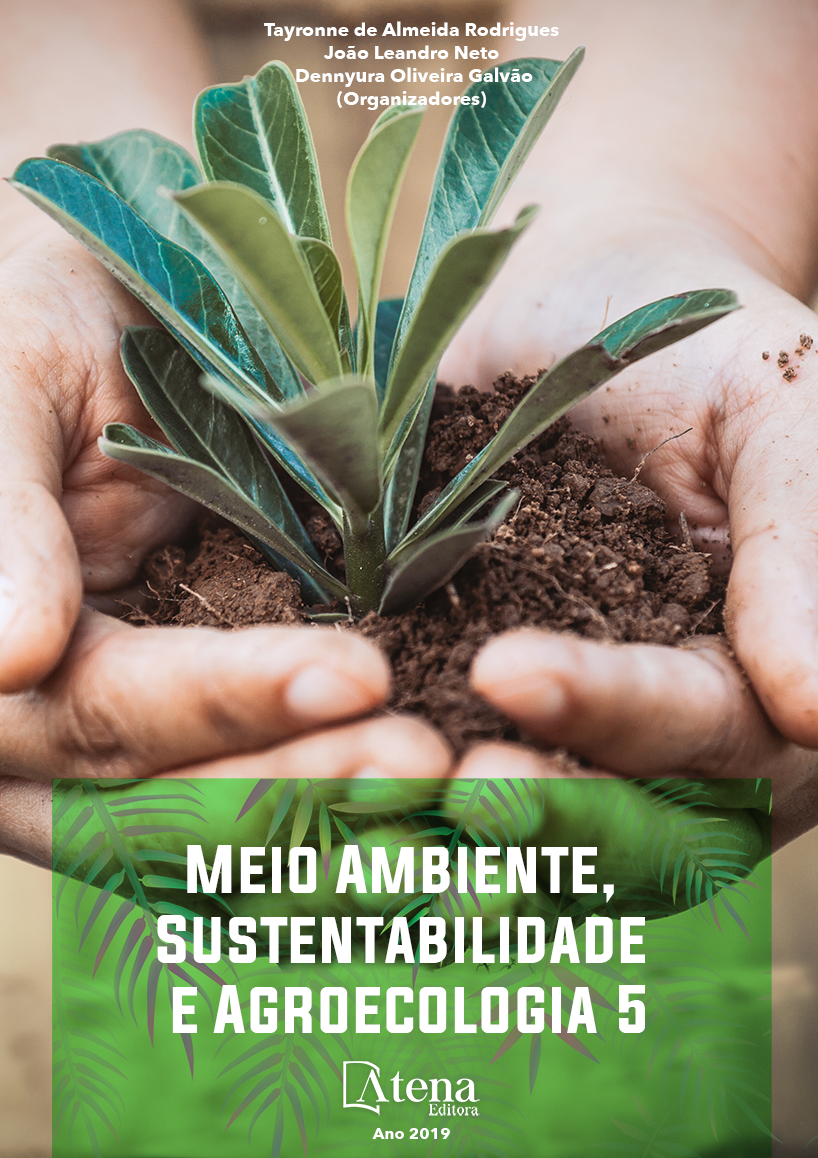
Bees in the pollination of coffee, Coffea arabica variety Castillo; in Pasuncha – Cundinamarca - Colombia
Entomophilous pollination is an
ecosystem service of great importance for
agricultural production; it contributes with the
floral fertilization and with the formation of fruits
and seeds. The present study was carried out in
Pasuncha, Cundinamarca, from February 2016
to February 2017 in three coffee production
systems. In the crop, four species of bees
that contribute to entomophilous pollination
were identified: Apis mellifera, Tetragonisca
angustula, Paratrigona pos. eutaeinata and
Trigona Amalthea. The effect of entomophilous
pollination in coffee (Coffea arabica) Castillo var.,
in the variables of fruit setting and the mooring
was evaluated; the mooring percentage presents
significant differences between the treatments
(P<0,01). As a conclusion, the presence of
pollinators such as A. mellifera contributes
to the increase of productivity in the crop; as
well as, the management to protect pollinators
must be focused on cleaner production or agroecological
management in order to have a
sustainable crop in terms of the lowest negative
social, economic, and environmental impact
possible.
Bees in the pollination of coffee, Coffea arabica variety Castillo; in Pasuncha – Cundinamarca - Colombia
-
DOI: 10.22533/at.ed.31619160411
-
Palavras-chave: Bees, mooring, fruit setting, fruits, entomophilous pollination.
-
Keywords: atena
-
Abstract:
atena
-
Número de páginas: 15
- Camilo José González Martínez
- Giovanni Andrés Vargas Bautista
- Cristian Andrés Rodríguez Ferro
- William Javier Cuervo Bejarano
- Daniel Augusto Acosta Leal


